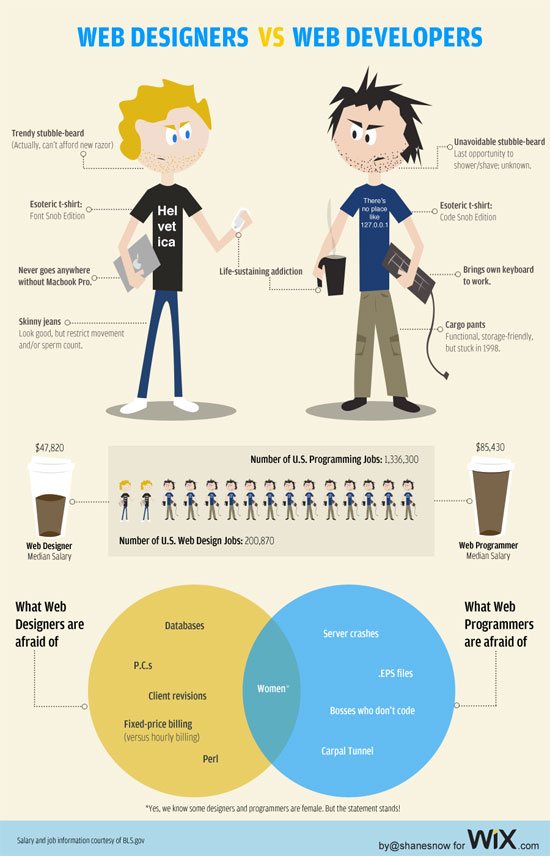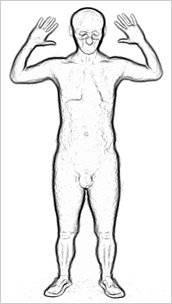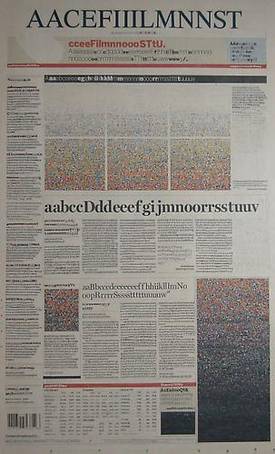Naloxone (IV) and naltrexone (oral) are drugs that block the action of morphine.
If you were an inner city heroine addict and got knifed during a drug deal, you'd be dragged into the local emergency room. You're high, irrational, and combative. The ER staff restrain you, inject you with naloxone and you are instantly
not high. Or, if you overdosed on morphine and stopped breathing, an injection of naloxone would reverse the effect immediately, making you sit bolt upright and wondering what the heck was going on.
So what do morphine-blocking drugs have to do with weight loss?
An odd series of clinical studies conducted over the past 40 years has demonstrated that
foods can have opiate-like properties. Opiate blockers, like naloxone, can thereby block appetite. One such study demonstrated 28% reduction in caloric intake after naloxone administration. But opiate blocking drugs don't block desire for
all foods, just some.
What food is known to be broken down into opiate-like polypeptides?
Wheat. On digestion in the gastrointestinal tract, wheat gluten is broken down into a collection of polypeptides that are released into the bloodstream. These gluten-derived polypeptides are able to cross the blood-brain barrier and enter the brain. Their binding to brain cells can be blocked by naloxone or naltrexone administration. These polypeptides have been namedÂ
exorphins, since they exert morphine-like activity on the brain. While you may not be "high," many people experience a subtle reward, a low-grade pleasure or euphoria.
For the same reasons, 30% of people who stop consuming wheat experience
withdrawal, i.e., sadness, mental fog, and fatigue.
Wouldn't you know that the pharmaceutical industry would eventually catch on? Drug company startup,
Orexigen, will be making FDA application for its drug, Contrave, a combination of naltrexone and the antidepressant, buproprion. It is billed as a blocker of the "mesolimbic reward system" that enhances weight loss.
Step back a moment and think about this: We are urged by the USDA and other "official" sources of nutritional advice to eat more "healthy whole grains." Such advice creates a nation of obese Americans, many the unwitting victims of the new generation of exorphin-generating, high-yield
dwarf mutant wheat. A desperate, obese public now turns to the drug industry to provide drugs that can turn off the addictive behavior of the USDA-endorsed food.
There is no question that wheat has addictive properties. You will soon be able to take a drug to block its effects. That way, the food industry profits, the drug industry profits, and you pay for it all.

 Wix is a free website builder tool for quick and easy creation of quality Flash websites. Follow them via Twitter as @wix, and subscribe to their blog where they post useful articles for website owners.
Wix is a free website builder tool for quick and easy creation of quality Flash websites. Follow them via Twitter as @wix, and subscribe to their blog where they post useful articles for website owners.

 A 70-page document (PDF) showing the TSA's procurement specifications, classified as "sensitive security information," says that in some modes the scanner must "allow exporting of image data in real time" and provide a mechanism for "high-speed transfer of image data" over the network. (It also says that image filters will "protect the identity, modesty, and privacy of the passenger.")
A 70-page document (PDF) showing the TSA's procurement specifications, classified as "sensitive security information," says that in some modes the scanner must "allow exporting of image data in real time" and provide a mechanism for "high-speed transfer of image data" over the network. (It also says that image filters will "protect the identity, modesty, and privacy of the passenger.")


 Kim Rugg is a Canadian visual artist with a very sharp knife and a lot of patience and glue: she newspapers, stamps and other paper ephemera up, letter by letter, and makes does delightful and demented art like newspapers in which all the type has been rearranged in alphabetical order. The work is a beautiful and provocative commentary on the form and content of print media.
Kim Rugg is a Canadian visual artist with a very sharp knife and a lot of patience and glue: she newspapers, stamps and other paper ephemera up, letter by letter, and makes does delightful and demented art like newspapers in which all the type has been rearranged in alphabetical order. The work is a beautiful and provocative commentary on the form and content of print media.